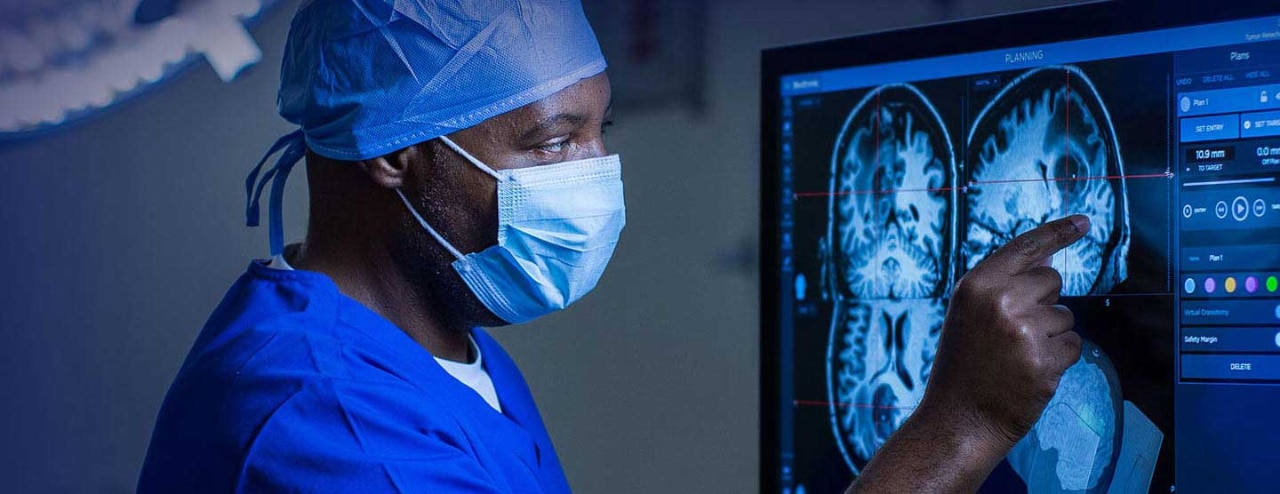For patients with type 1 diabetes, a “one size fits all” approach to treatment doesn’t really work given the highly variable way people metabolise food. For years, clinicians struggled to personalise treatments to avoid the extreme sugar highs and lows associated with diabetes. Then Medtronic launched the world’s first hybrid closed-loop insulin delivery system, a game-changing technology that puts people first by delivering insulin based on continuous glucose monitoring. It is one of our smart devices capable of analysing continuous streams of data and quickly making necessary adjustments to deliver personalised care.
So how do our devices “know” how the body will react to certain therapies? By combining computer models and real-world data, our engineers are building virtual representations, or “digital twins,” of some devices to predict how they will respond in the human body under various circumstances.




 Colorectal cancer is highly treatable
Colorectal cancer is highly treatable 





